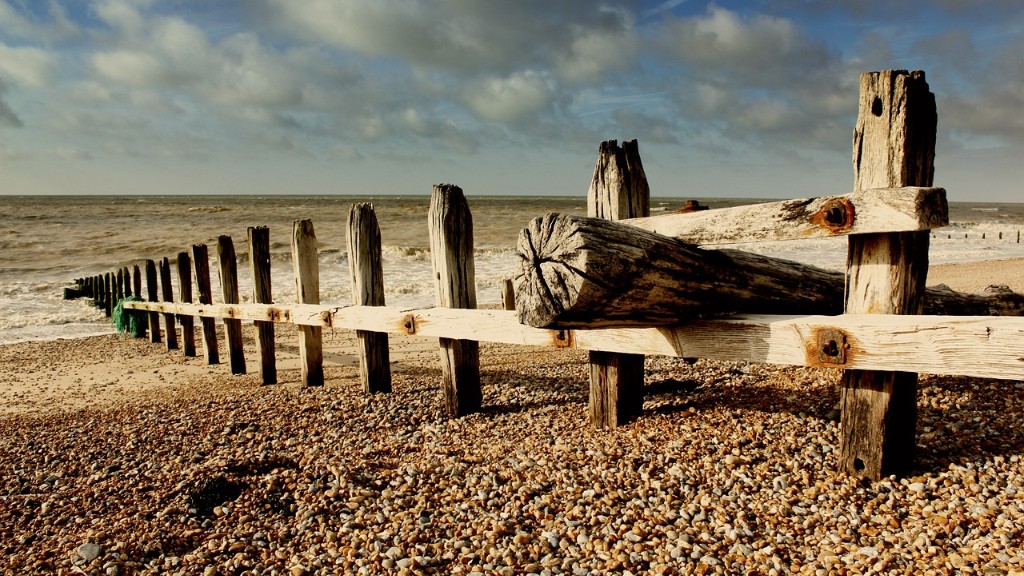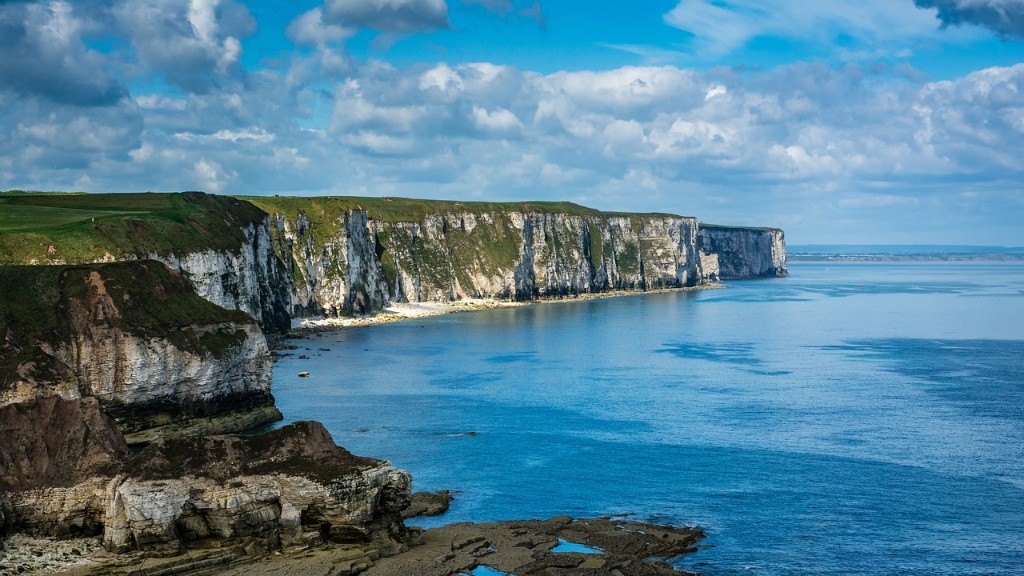Winston Churchill was the leader of Great Britain during WW2. Churchill was the British Prime Minister from 1940 to 1945, and then again from 1951 to 1955. In October of 1940, in the midst of World War II, Churchill delivered his most famous speech – Winston Churchill’s “We Shall Fight on the Beaches”. In the speech, he called on the people of the United Kingdom to remain strong in their fight against Nazi Germany and vowed to continue fighting against them despite the losses and devastation they had caused. Churchill managed to inspire the British to keep fighting and, in the end, the Allies won the war.
Throughout his life, Churchill was known for his honesty and intelligence, of which he had in abundance. He was passionate about his country and was determined to do the right thing for Great Britain. Churchill was instrumental in the formulation of the Marshall Plan that helped rebuild Western Europe after the war. He was also integral to the development of the United Nations Charter, which set out the goals of world peace. Although he was not a trained military leader, his intellect and insight into global politics and warfare enabled him to guide Britain through the war and make important decisions on how to fight the Nazis.
Churchill was a great leader who was able to unify and motivate the people of Britain and the Allied forces to fight against Hitler’s Nazi Germany. He was able to create a sense of hope and resilience that enabled them to overcome the horrible losses and devastation the war had caused. In 1945, Churchill was awarded the Nobel Prize for Literature for his influence on both world affairs and on the written word. He remains one of the most iconic figures in British and world history.
Political Experience
Churchill had a long and storied political career. By the time he was elected Prime Minister in 1940, he had already been a Member of Parliament for five years, having joined the Conservative Party in 1904. Prior to entering politics, Churchill had had a notable career in the military, serving in both World War I and the Boer War. He was also a celebrated author and journalist, his most famous work of literature being The Second World War, which documented his experience as Prime Minister during that time.
He was an outspoken opponent of fascism, communism and any other forms of totalitarianism, and he was a principal architect of the policy of deterrence. Churchill was not afraid to challenge the status quo and often argued to push the boundaries when it came to international relations. He believed in a “special relationship” between Britain and the United States and was instrumental in the creation of NATO.
Churchill was an ardent believer in free trade, something he felt was important to the growth and prosperity of Great Britain. As Prime Minister, Churchill worked with the United States and the European Community to develop a single market and end economic isolationism. He strongly believed in the principles of fiscal responsibility and sought to find a balance between maintaining public services and reducing expenditure.
Challenges Faced
Winston Churchill faced numerous challenges during his time as Prime Minister. Most famously, he had to contend with the Germany’s powerful military forces and their occupation of much of Continental Europe. His leadership and confidence during this period of the war played an important role in the victory of the Allied forces. Additionally, Churchill had to face the internal opposition of many of his own Conservative Party colleagues. Churchill was not always able to make all the decisions he wanted, and had to compromise in order to pass legislation.
Things became more difficult as the war dragged on and the country faced economic hardship. Churchill focused on curbing the high levels of unemployment while continuing to provide necessary public services. This task was not easy as Britain had recently been forced to declare bankruptcy by the Wall Street Crash of 1929. Churchill was also faced with the complex issue of Britain’s relationship with India, which eventually led to the country’s decolonization.
The war and post-war period were a turbulent time for Great Britain, and Churchill faced numerous challenges that threatened the country’s future. Despite these challenges, Churchill’s leadership and dedication to the wellbeing of his country helped guide Great Britain through the turmoil and into a new era of stability.
Legacy
Winston Churchill was one of the most influential leaders in modern history. His leadership and dedication to the advancement of his country and world peace cannot be overstated. Churchill was a great orator and was widely feared and respected by both his British subjects and his foreign enemies.
In the years that have followed Churchill’s death, his legacy and impact can still be seen in Britain. He inspired a sense of national pride and patriotism, and he will always be remembered for his leadership and courage in the face of great adversity. His name and his accomplishments will forever be enshrined in British history and remembered as some of the greatest acts of selfless service to his country and the world.
Impact on Britain
The legacy of Winston Churchill has had a profound impact on Britain. Churchill was able to inspire a nation and was seen as a symbol of strength and fortitude. His legacy has inspired numerous generations, and his principles are still upheld today.
Churchill was the leader of the United Kingdom as it underwent a major transformation. Despite the economic problems that were faced during the war and postwar period, Churchill helped inspire a feeling of hope. He helped restore a sense of nationalism and pride in Britain, and he was instrumental in developing the nation’s economy and public services. The legacy of Churchill’s leadership and vision still resonates in Great Britain today.
His Legacy in the World
Winston Churchill’s legacy can be seen in much of the world today. His principles of free trade and international cooperation remain at the core of many of today’s major political decisions. He was the leader of the alliance of the Allied forces against Nazi Germany, and his contributions to world peace cannot be neglected.
The values of democracy and liberty championed by Churchill continue to be a beacon for many countries today. His legacy of protecting freedom and democracy is still the source of inspiration to many people around the world. His efforts to foster international cooperation between nations helped to create a more peaceful, stable, and prosperous world.
Conclusion
Winston Churchill was one of the greatest and most influential leaders in modern history. Churchill’s legacy remains in many countries around the world and his vision of freedom and democracy continues to be a beacon for many. He was a symbol of strength and resilience to the people of Britain and the world, and his leadership was shrewd and remarkable. Through his actions, Churchill helped to shape the world we live in today.




